In a landmark decision on Monday, the U.S. Supreme Court ruled that former President Donald Trump possesses absolute immunity from criminal prosecution for many actions taken during his presidency. The ruling, split 6-3 with the conservative justices prevailing, addresses Trump’s attempts to overturn the 2020 election results, clarifying the boundaries of presidential immunity and setting the stage for further judicial proceedings.
Keep up with the latest in LGBTQ+ news and politics. Sign up for The Advocate's email newsletter.
The justices created three categories to assess presidential actions: official acts with absolute immunity, unofficial conduct without immunity, and acts in the gray area requiring further judicial review.
Chief Justice John Roberts wrote for the majority, “The President is absolutely immune from criminal prosecution for conduct within his exclusive sphere of constitutional authority.” He elaborated that this immunity does not extend to actions that fall outside the bounds of official presidential duties. Roberts specified that immunity does not cover actions that are purely personal or political in nature, nor does it shield conduct that is taken for personal gain rather than in the service of the nation.
Justices Clarence Thomas, Samuel Alito, Neil Gorsuch, and Brett Kavanaugh joined the opinion. Justice Amy Coney Barrett concurred partly, while Justices Sonia Sotomayor, Elena Kagan, and Ketanji Brown Jackson dissented.
Trump’s legal team, led by attorney D. John Sauer, had argued for a broad interpretation of presidential immunity, asserting that Trump’s actions, including efforts to influence the election results through various means, were performed in his official capacity and should therefore be shielded from prosecution.
Some justices expressed skepticism during oral arguments about Trump’s expansive immunity claims. Kagan questioned Sauer, asking, “How about if a president orders the military to stage a coup?” Sauer responded, “If it’s an official act, there needs to be impeachment and conviction beforehand.” Kagan retorted, “That sure sounds bad, doesn’t it?” eliciting laughter from the courtroom.
In her dissent, Sotomayor laid out the dire ramifications of the decision.
“Never in the history of our Republic has a President had reason to believe that he would be immune from criminal prosecution if he used the trappings of his office to violate the criminal law,” she wrote. “Moving forward, however, all former Presidents will be cloaked in such immunity. If the occupant of that office misuses official power for personal gain, the criminal law that the rest of us must abide will not provide a backstop. With fear for our democracy, I dissent.”
The case now returns to the District Court, which must dissect the indictment’s detailed allegations to distinguish Trump’s official acts from unofficial conduct. The government must rebut presumptive immunity for official acts to proceed with prosecution.
This ruling impacts Trump’s legal battles and sets a precedent for future presidential conduct, emphasizing that while the president is protected for official duties, they are not above the law, though critics say it does just that.
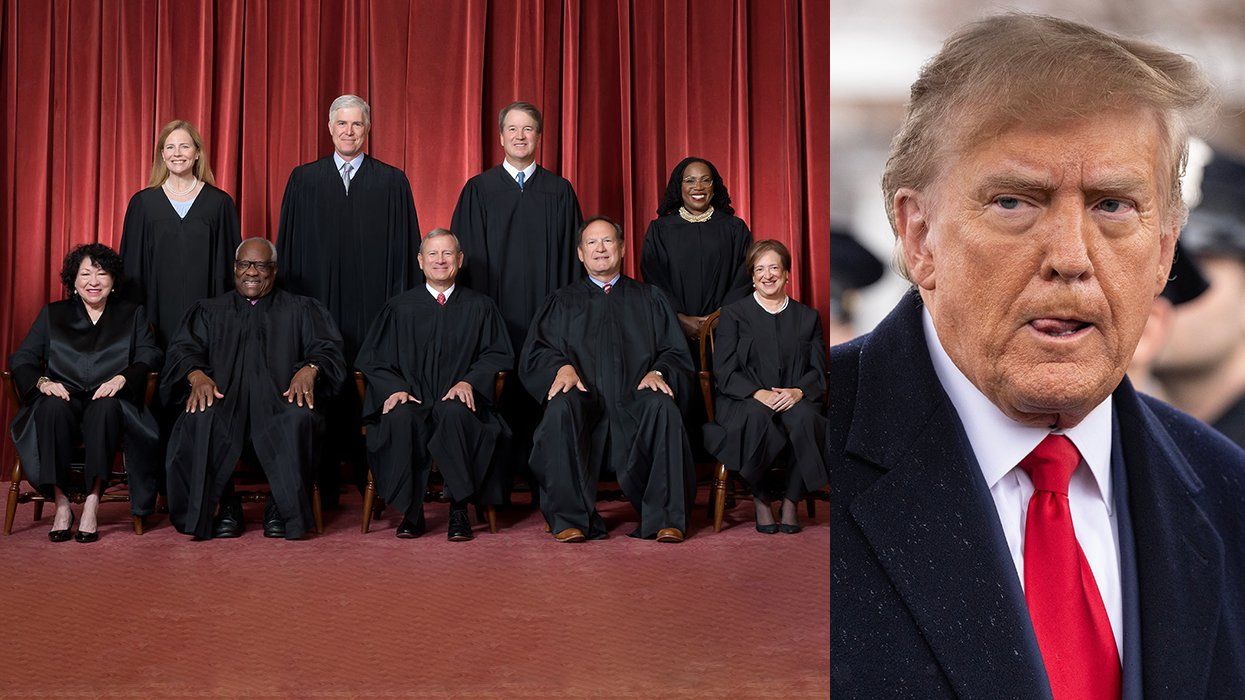







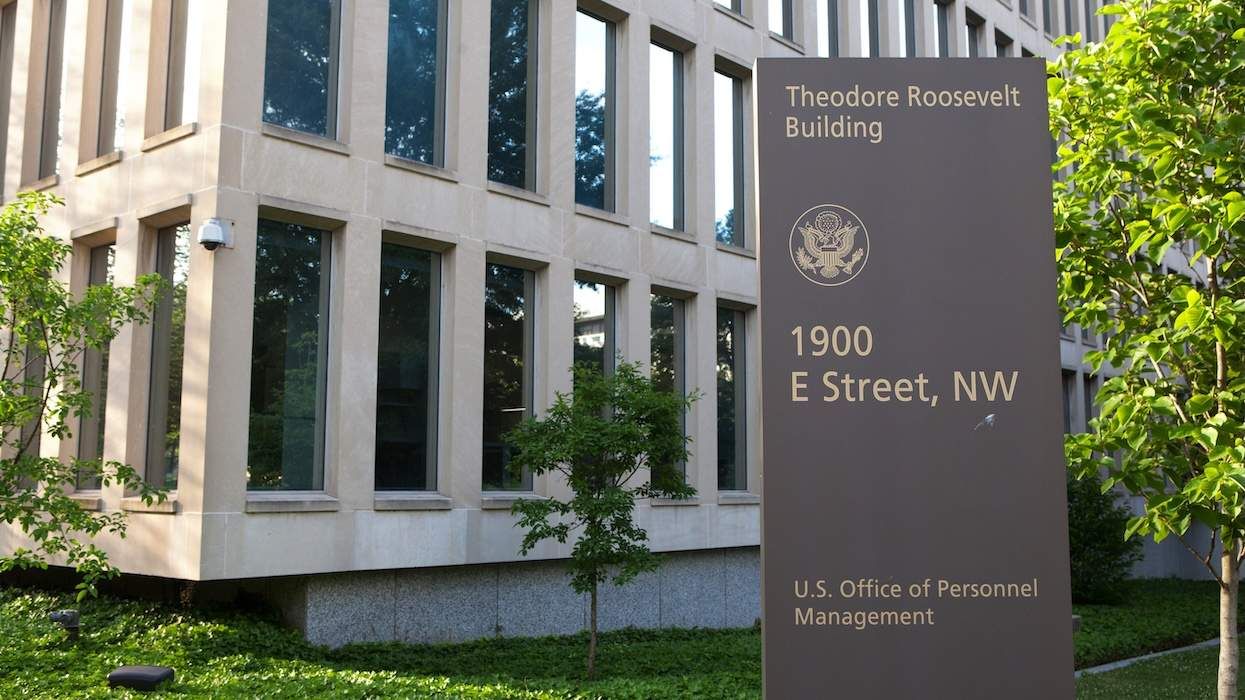

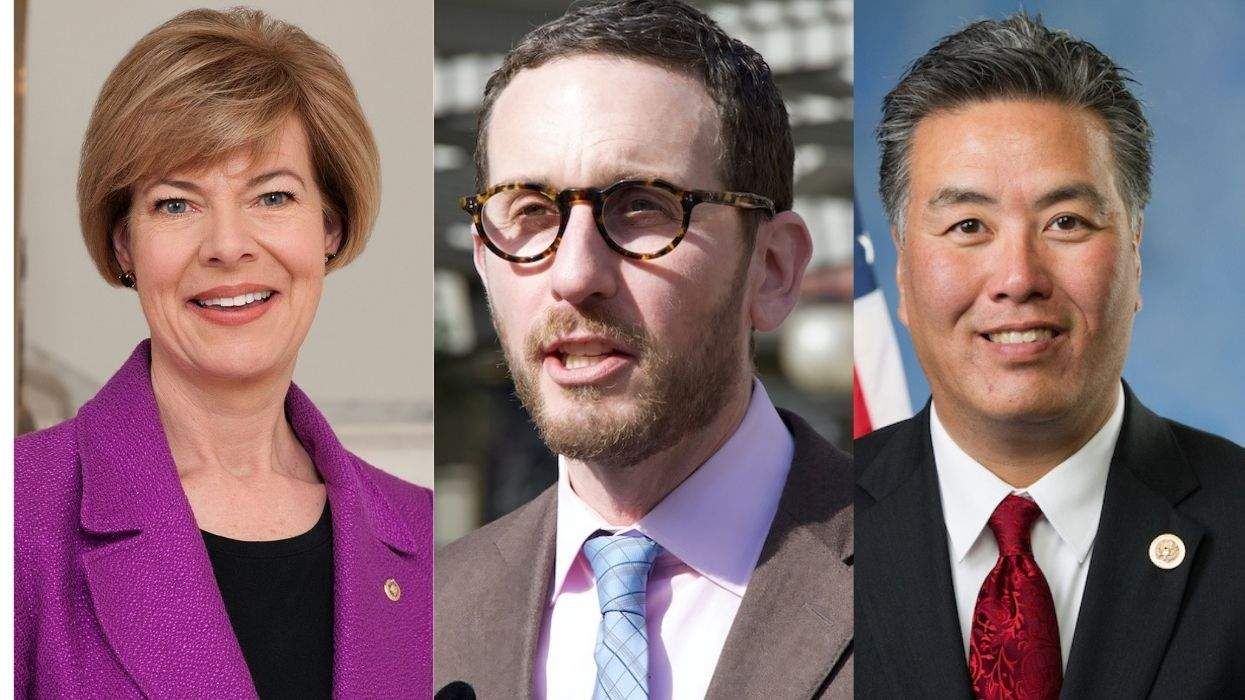


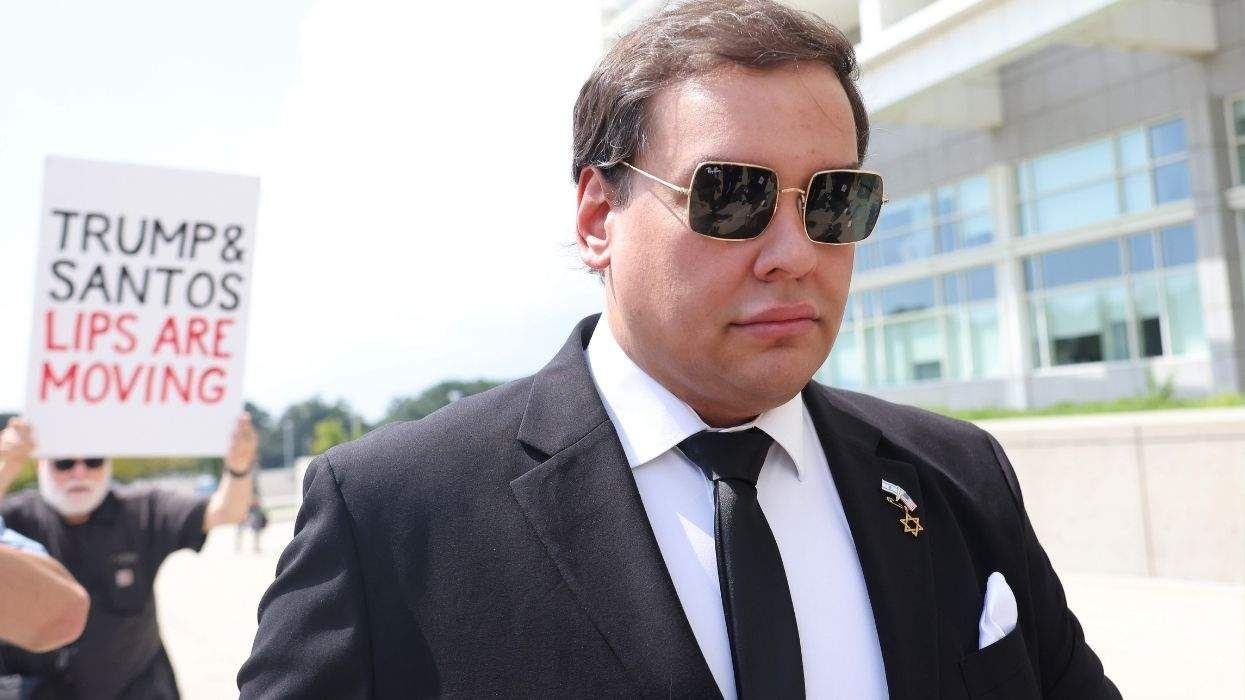
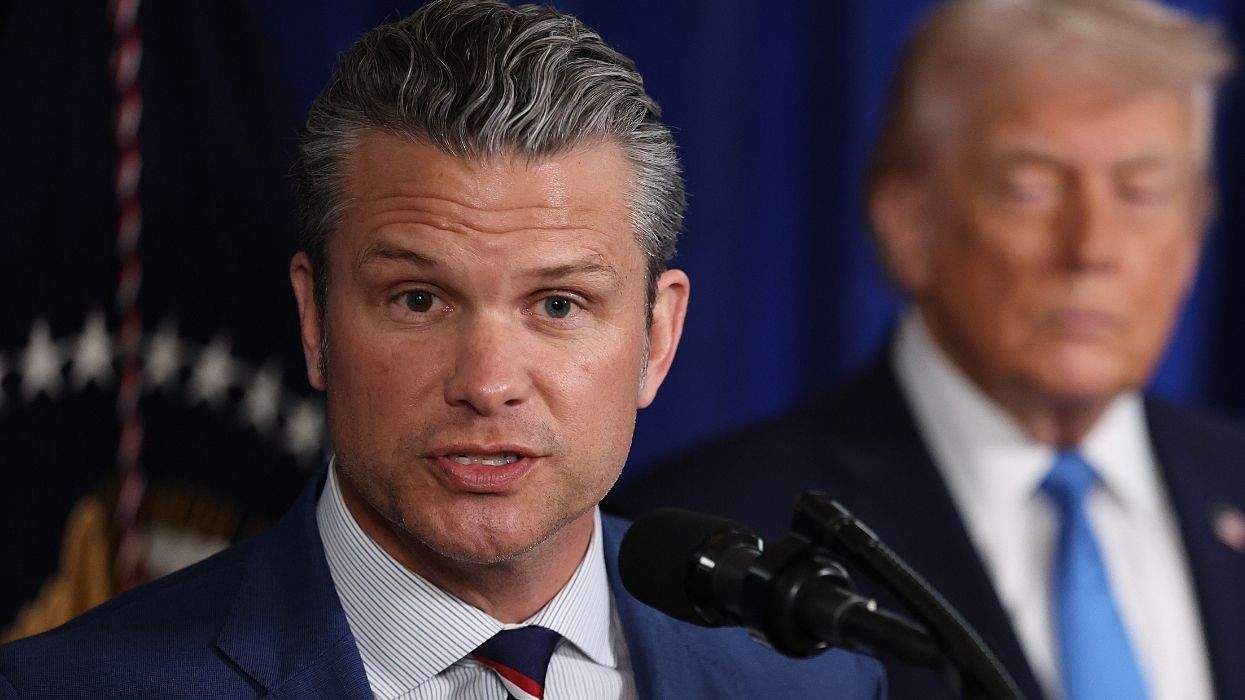


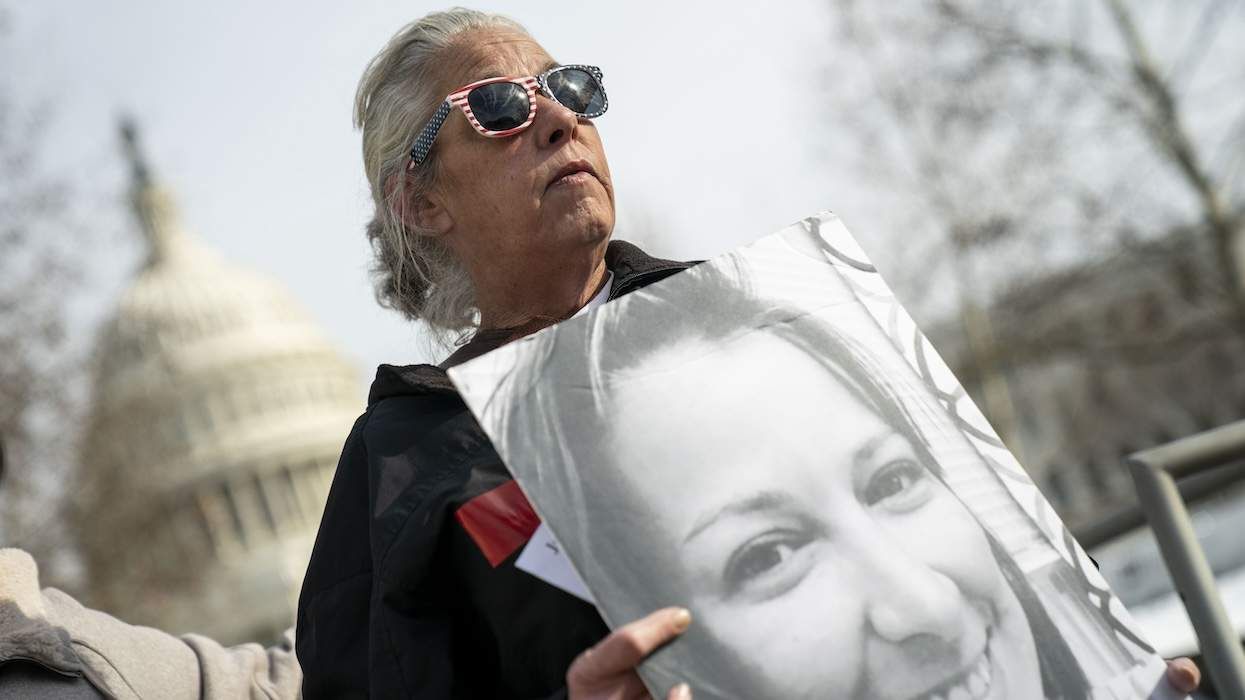
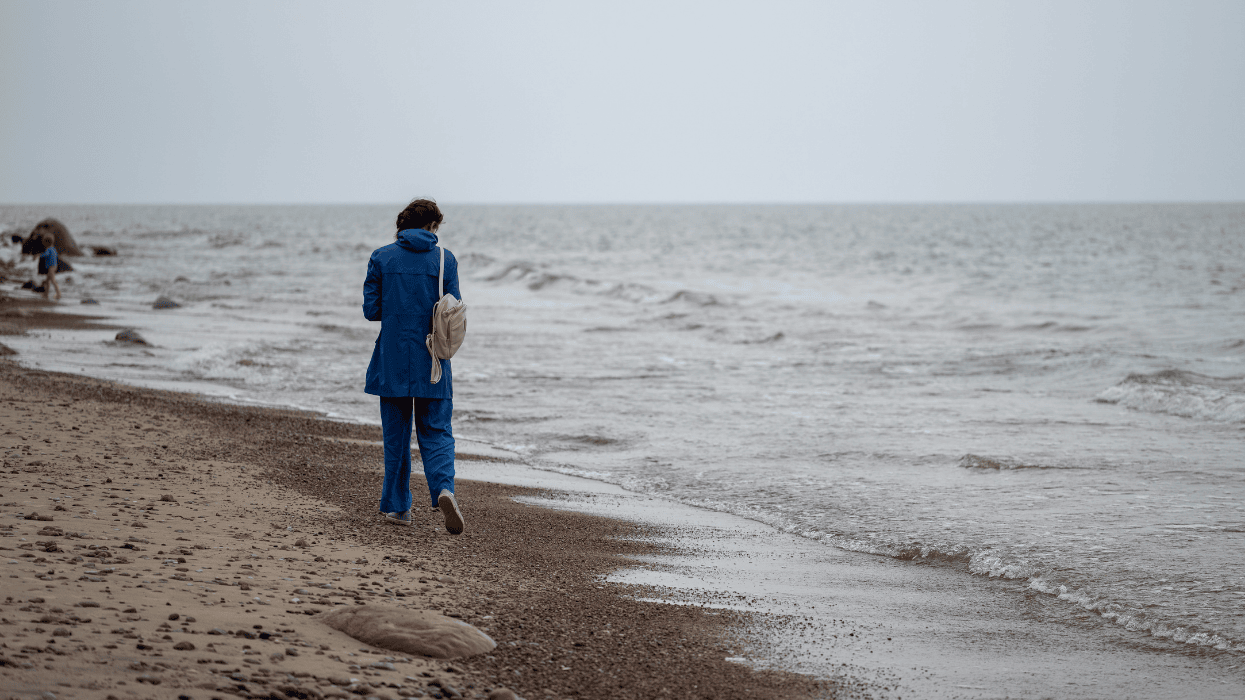










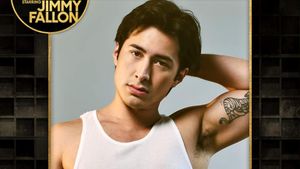



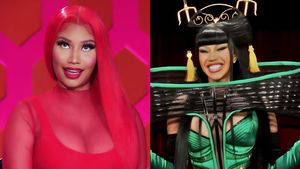



































Charlie Kirk DID say stoning gay people was the 'perfect law' — and these other heinous quotes